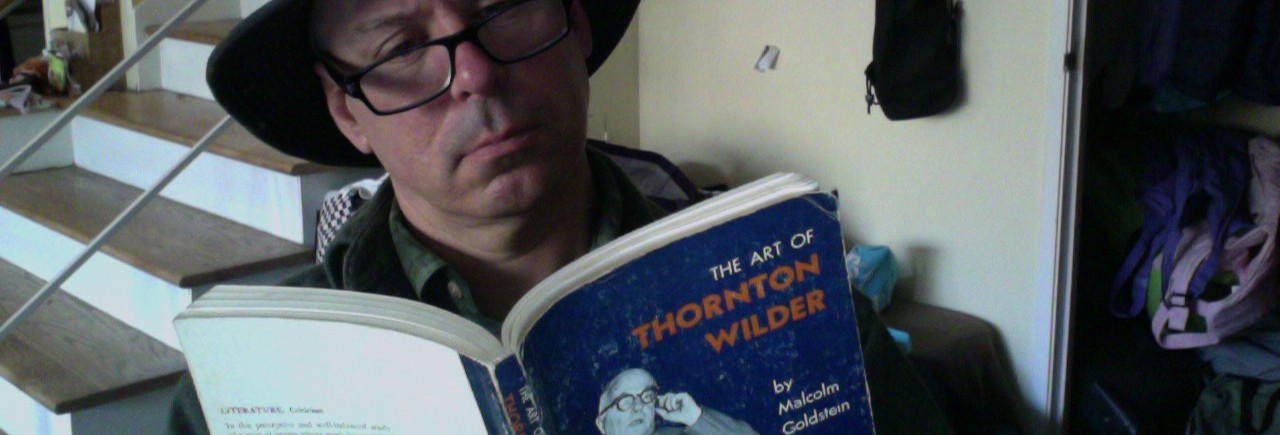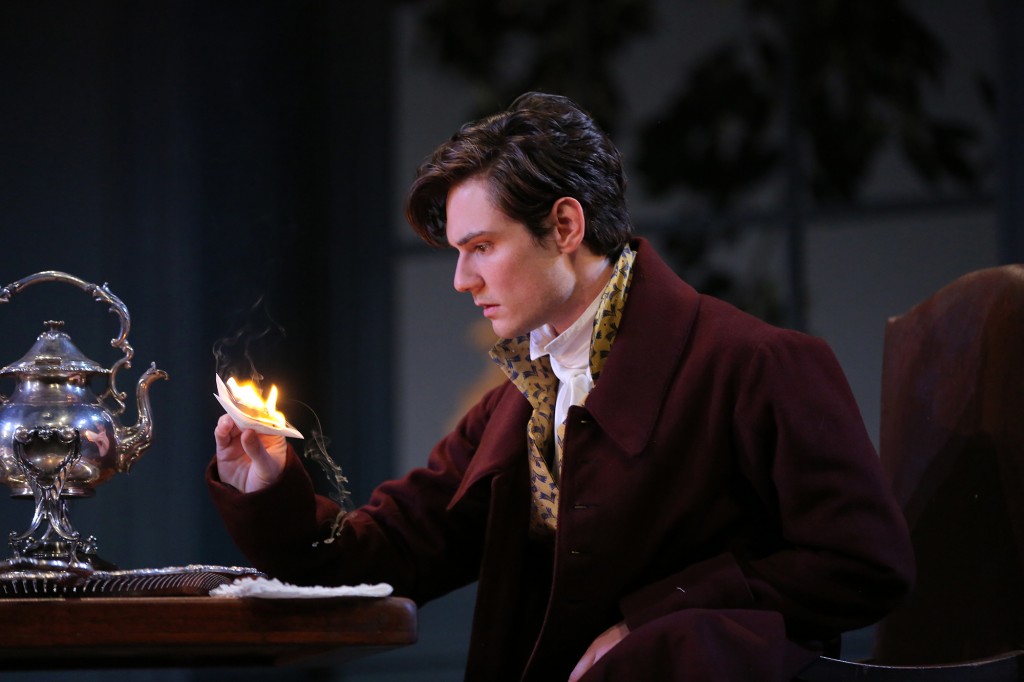
Arcadia
Produced by the Yale Repertory Theatre, through Oct. 25 at the Yale University Theater, 222 York St., New Haven. (203) 432-1234, http://www.yalerep.org
By Tom Stoppard. Directed by James Bundy. Scenic Designer: Adrian Martinez Frausto. Costume Designer: Grier Coleman. Lighting Designer: Caitlin Smith Rapoport. Sound Designer: Tyler Kieffer. Composer: Matthew Suttor. Choreographer: Emily Coates. Dialect Coach: Stephen Gabis. Production Dramaturg: Rachel Carpman. Casting Director: Tara Rubin Casting. Stage Manager: James Mountcastle. Cast: Rene Augesen (Hannah Jarvis), Rebekah Brockman (Thomasina Coverly), Julian Gamble (Richard Noakes), Felicity Jones (Lady Croom), Annelise Lawson (Chloe Coverly), Max Gordon Moore (Valentine Coverly), Tom Pecinka (Septimus Hodge), Graham Rowat (Captain Brice), Michael Rudko (Jellaby), Jonathan Spivey (Ezra Chater), Bradley James Tejeda (Gus Coverly/Augustus Coverly) and Stephen Barker Turner (Bernard Nightingale).
My full review of the Yale Rep’s Arcadia for the New Haven Independent is here. That’s a long 1500-word piece which declares the production to be “safe” and old-fashioned, taking advantage of some Yale School of Drama resources (young performers who can jump into the various teenaged roles) while eschewing others (more provocative design options). Nothing in the production is substandard. (Boy, there’s a pull-quote for the print ads!) But the only progressive element I can pinpoint in it is Matthew Suttor’s bracing neo-classical/rock music score.
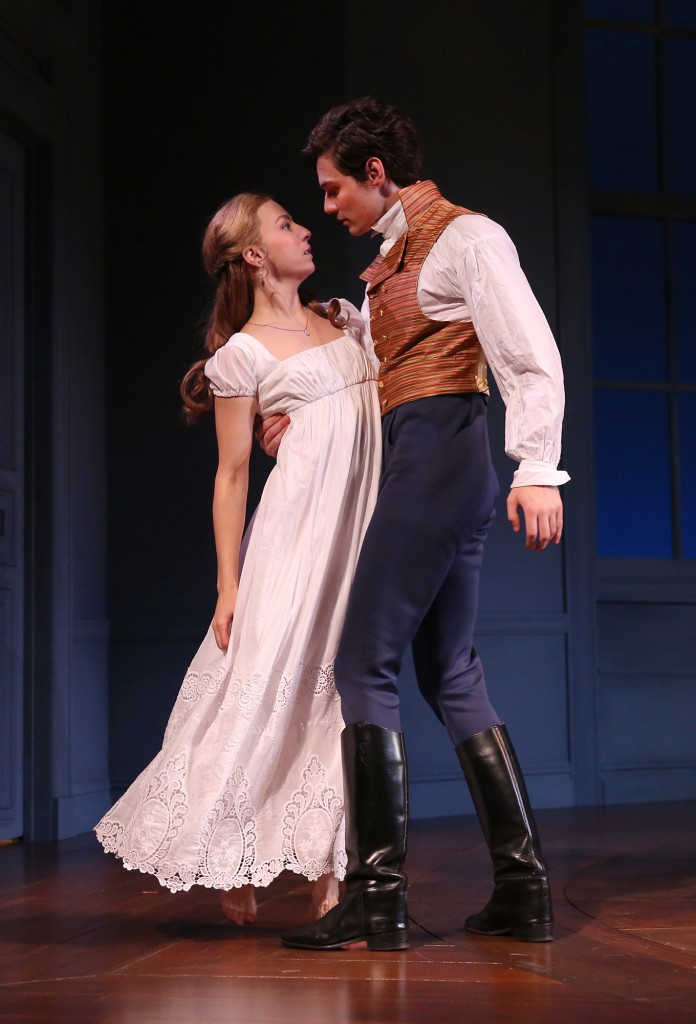
So there’s that, with five photos, over on the New Haven Independent site. But there’s always more to say. Like how casually, unexpectedly sexy this show is. It’s not just that the actors are attractive and well-spoken. It’s how, even in this too-formal milieu, with its attentive, focused staging, the amorous natures of the characters come through. Grier Coleman’s costume designs certainly have a lot to do with that. The cotton, wool and flannel outfits exude warmth and comfort, and it’s a neat touch that the modern women’s outfits are sleeker and bosomier than the 19th century gowns. The actors also happen to wear these garments particularly well. They’re comfortable in them, and in their own skins, which is important when the play in question is a suggestive (never graphic or explicitly sexual) romance that takes place in two separate time periods, two hundred years apart. There are several points in the play where characters get cozy and you’re not quite sure how much cozier it may get. These moments are genuinely suspenseful, not forced. The 19th century scenes have a bawdiness to them, but again, it seems natural here, not cartoonish.
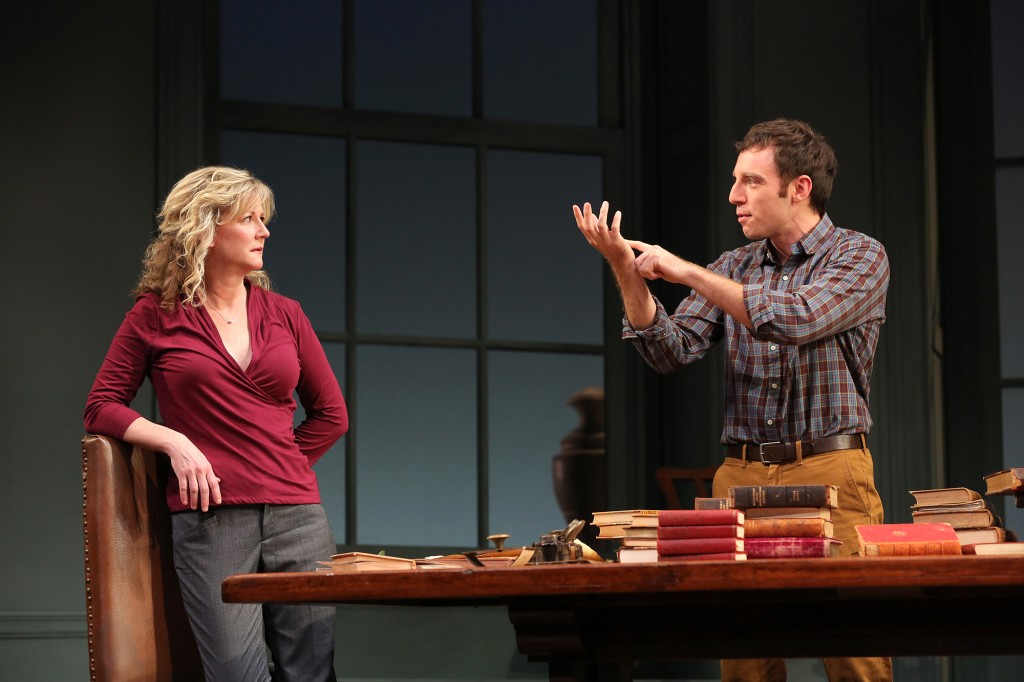
The romantic impulses are very welcome, since this production of Arcadia is generally more text-driven, and thus drier, than it needs to be. Stoppard’s play, which is desperately trying to make math and science as beautiful and provocative as poetry, is full of lush imagery that isn’t deeply enough expressed in the acting and design.
Is this a dramaturgical issue? I think that the best productions of Stoppard I’ve seen are the ones that are painstakingly accurate about every detail, every pop culture reference, every scholarly in-joke. Greg Boyd’s masterful production of Travesties (starring Sam Waterston, Tom Hewitt, Don Stephenson and Gregor Paslawsky) at the Long Wharf Theatre in 2005, for instance, didn’t miss a single music hall melody or Dada quotation. It knew what it was doing, and you felt in safe hands. By contrast, I don’t feel that the Rep’s Arcadia conveyed any special understanding of, or passion for, the works of Lord Byron, Isaac Newton or Pierre de Fermat, or the faux-natural landscaping craze of the early 19th century, all of which have a serious impact on the drama.
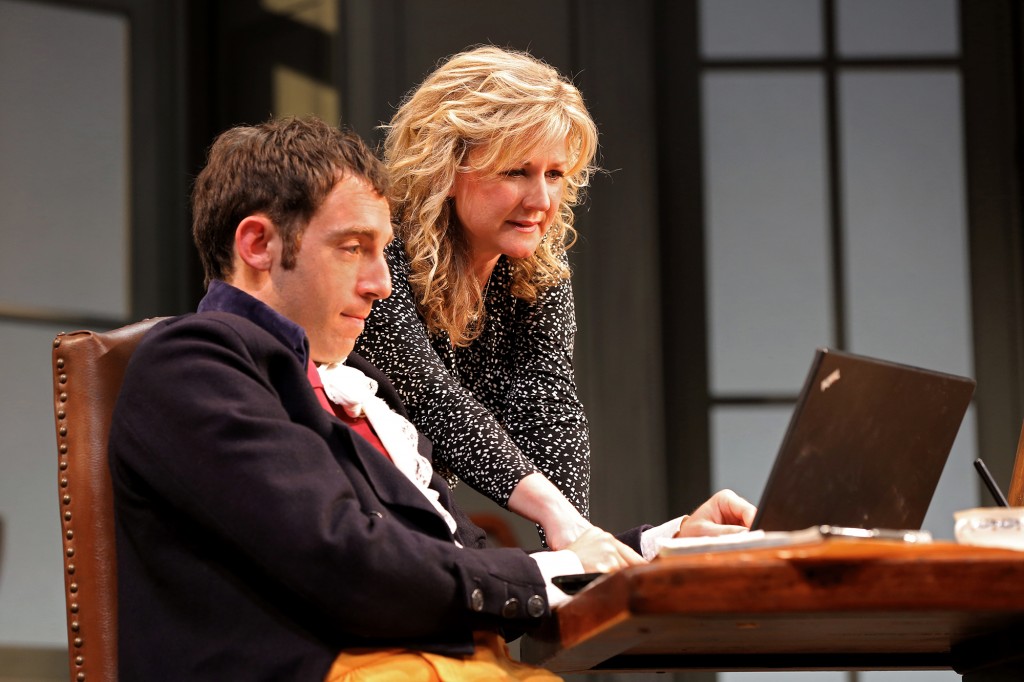
What the Rep’s Arcadia does do well is spin out a two-pronged, three-hour play with a dozen people in it with remarkable balance. There’s only character—Stephen Barker Turner’s Bernard Nightingale—who gets loud and abrasive for any decent amount of time. (Well, the actor’s middle name is Barker.) There are hot tempers throughout, but this is essentially a civilized show about how various aspects of advanced civilization coexist. There’s no upstaging, no scene-stealing, no misjudging of who’s the star and who isn’t. This is a real ensemble piece, everyone knowing how to feed off each other’s (conserved) energy and keep the whole thing running smoothly.
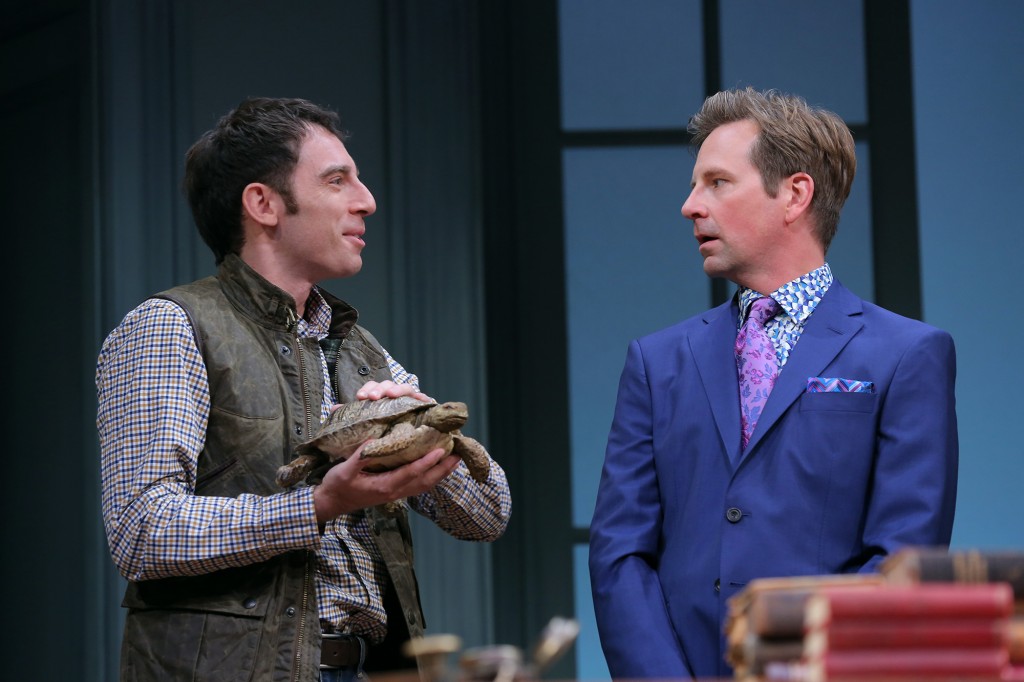
I still don’t think this Arcadia is lively enough, or sharp-witted enough, or earthy enough. I think it, like many other Stoppard productions I’ve seen, is intimidated by the glories of the text and is afraid to make waves with pacing and design. I think Stoppard’s own work as a director (the film version of his play Rosencrantz and Guildenstern Are Dead, for starters) and especially as a translator show his own fearlessness in adding wild action to word-perfect witticisms. I truly wish the Rep, which has a history of testing new production concepts on scripts that have proven their mettle, could have loosened up more with Arcadia. But, not unlike Stephen Barker Turner’s Bernard, I know I complain too much. I’m perfectly happy to settle for a well-learned, evenly handled, well-acted Arcadia. It may not have blown my mind, but it made me think.
